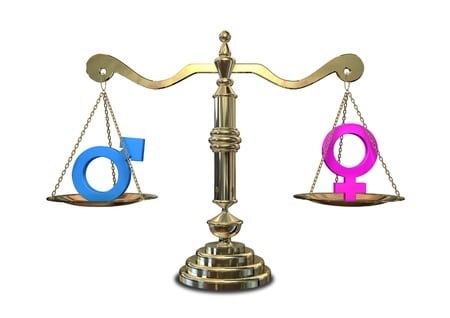3 Tips to Help Bridge the Retirement Gender Gap

The federal wage gap is well known, and while it is not as severe as in the past, many salaried positions demonstrate a discrepancy in income between men and women. In 2014, women were paid an estimated 79% of what men earned. Whether this is ultimately fair or unfair in the present is immaterial; the hard truth is that this issue compounds over the trajectory of a woman’s career, meaning lower lifetime earnings and reduced income to invest in retirement accounts. As a result, many women are left with inadequate savings when it comes time to bid the working world farewell.
The outlook for your retirement account as a woman doesn’t have to be so bleak, however. While there’s no perfect solution on the horizon to end the wage gap, proper planning early can make sure you have the nest egg you need later. These three tips will help you bridge the retirement gender gap and make the most of your earnings.
Free Retirement Income Plan Analysis
-
Take advantage of your employment benefits.
Most employers know how challenging it is to save for retirement, which is why many make retirement savings plans available to their employees. 401(k)s are common tools, and while not all companies offer to match employee contributions, many do. When you are early in your career, it may be a hard choice to withhold some of your paycheck for an uncertain future decades down the road, but it’s an incredibly wise move to make. 401(k) matching is especially beneficial. Your employer is actually contributing to your retirement account, generally as a percentage of your own contributions. As you stock away savings, so does the company you work for, and that’s an advantage you can’t afford to pass up.
-
Start saving early and regularly

-
Don’t rely on Social Security for income in retirement
Social Security is an amazing resource for millions of older Americans, but it’s not the end all, be all many people plan for it to be. While Social Security does indeed provide income in retirement, it is generally nothing close to the money you made while employed, and the future of the program is currently uncertain. Most retirees who plan to live on Social Security will either have to severely restrict lifestyle expenses, or will need an additional income source. As a safety net, many individuals at or nearing retirement choose to purchase fixed index annuities, an insurance product that guarantees an income stream through your retirement years. By getting started early, you can count on income down the road from multiple sources – Social Security, brokerage accounts, and annuities – in order to avoid having to substantially downsize in retirement.













